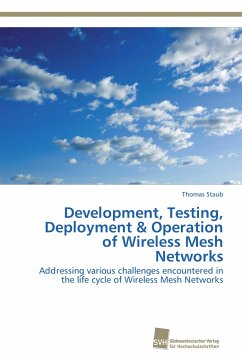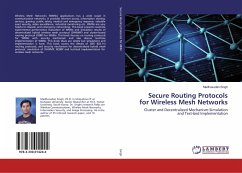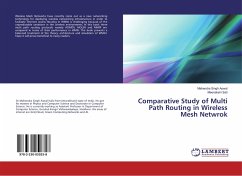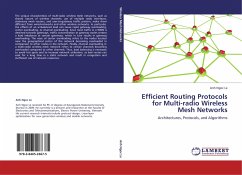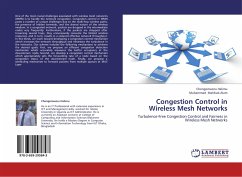Wireless Mesh Networks (WMNs) are a key technology to provide inexpensive ubiquitous network access to end users and sensing equipment in urban, rural, and developing areas. WMNs seamlessly integrate with existing traditional fixed or cellular networks and extend their network coverage. Like any other network, a WMN and the services running on top of it go through a life cycle consisting of development, testing, deployment and operation. This thesis contributes solutions addressing various challenges encountered in each phase of the life cycle. First, we designed a flexible framework for development and testing of new protocols and architectures using traffic interception by a virtual wireless interface and network emulation. Second, a build system for an own embedded Linux distribution tailored to mesh nodes has been implemented. It supports cross-compilation for various node platforms and incorporates features of a novel fault-tolerant management architecture. Further, we tested the applicability of WMNs for environmental monitoring in an outdoor deployment. In addition, we investigated network deployment by non-expert users and completely autonomous robotic deployment.
Bitte wählen Sie Ihr Anliegen aus.
Rechnungen
Retourenschein anfordern
Bestellstatus
Storno

